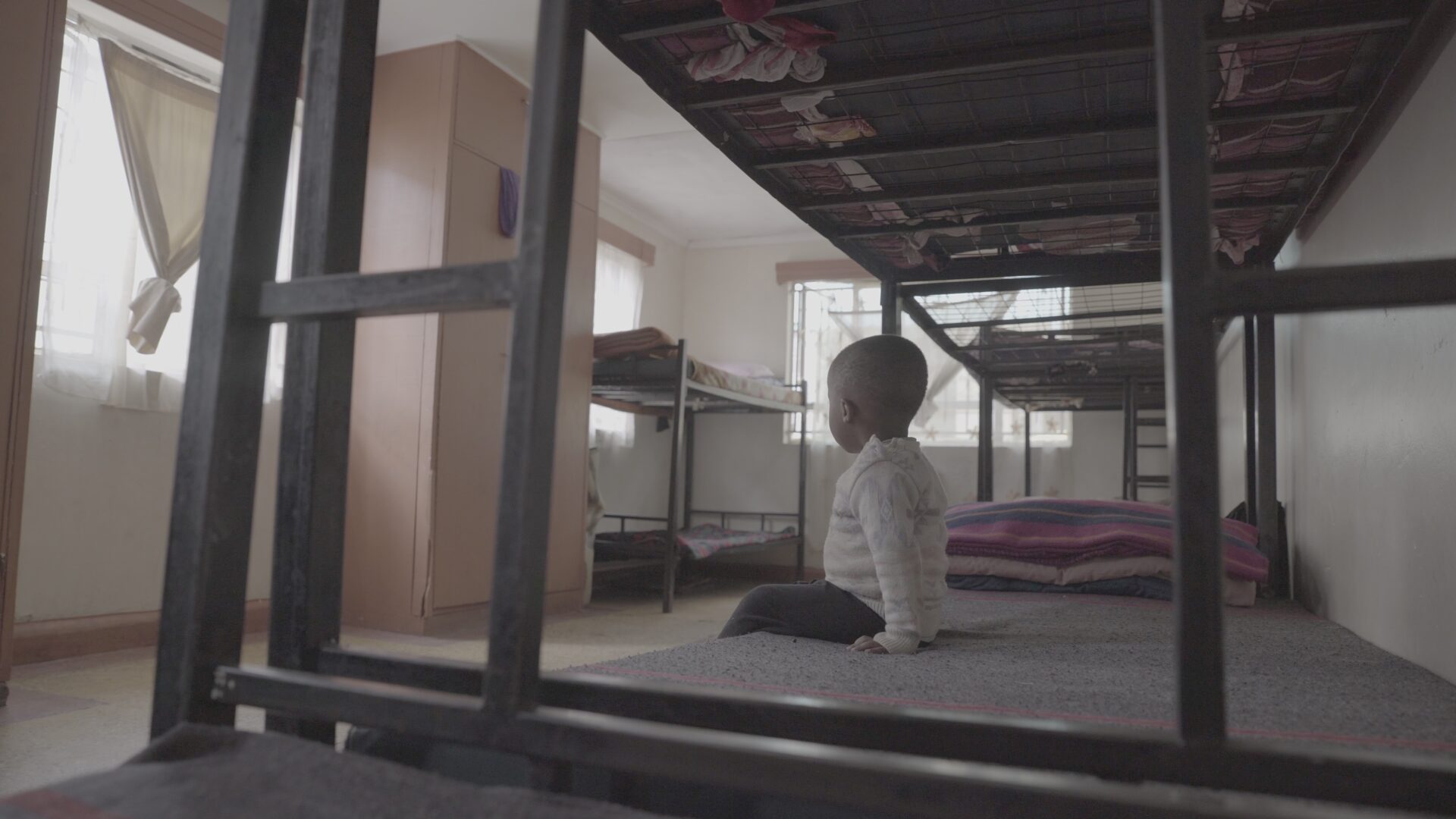We’re teaming up with ABTA and the safeguarding and modern slavery unit of Border Force to help end Orphanage Tourism.
Take action on orphanage tourism - sign now
When you sign up, we’ll share top actions and tips by email, that you can use to help ensure no more children have to endure the misery of orphanages. You can unsubscribe at any time. We won’t share your data – find out how we use it in our privacy policy.
Kishor Sharma / Hope and Homes for Children
What is Orphanage Tourism?
In many countries, you may be offered visits to orphanages as part of holiday packages, day trips, excursions or tours.
Sometimes these tours will take the guise of allowing tourists to sample ‘traditional’ or ‘local’ culture, for example children in orphanages performing folk dances or songs for tourists.
The purpose of these visits will be to elicit donations from tourists like yourself – this is “Orphanage Tourism”, where vulnerable children are treated as tourist attractions.
What’s wrong with visiting and donating to orphanages abroad?
When visiting or donating to orphanage on holiday, most people just want to help – and would never do so knowing that visit or donation could actually harm children. But what many people don’t know is that 80% of the children trapped in overseas orphanages are not orphans – they have at least one living parent, who could look after them with the right support.
Ask yourself this: would you be happy for an unvetted tourist to be able to pay to visit your local nursery?
See more on safer ways to volunteer
Want to help? Donate now
How do children with families end up in orphanages?
Most are separated from their families because of poverty, disability or discrimination. But increasingly, children are also being targeted to pose as orphans, to meet the demand of travellers from higher income countries, who want to visit orphanages while overseas.
These orphanages are run, not in the interest of the children, but to make a profit for the owners. Many orphanages even employ “child-finders”, who go into communities to look for vulnerable families and convince them to give up their children, with false promises such as education. This is child trafficking.
Once confined to the orphanage, children are often made to perform or beg for funds. Some are even kept in purposefully poor conditions; denied essentials such as food and clothing, just to extract more sympathy – and money – from you.
By donating to or visiting orphanages on holiday, you are unwittingly contributing to this cycle of exploitation. The more money orphanages can make from tourists, the more incentives there are for children to be trafficked into them.
Uwase's Story
Growing up in an orphanage is never the best way for a child. Learn more about what it feels like by reading Uwase’s story.
Abandoned as a baby, now Uwase has someone to call mum and dad
Aren’t some of these orphanages run by people who care?
Of course, there are some orphanages run by well-meaning people. Just like people who donate to orphanages, most have good intentions. However, decades of evidence shows that orphanages harm children. They’re deprived of the family environment that children need for healthy development. A regular turnover of volunteers and staff mean that children are left unable to form healthy attachments. Neglect is endemic in institutions and poor safeguarding practices leave children vulnerable to abuse. More than half of children raised in orphanages experience physical or sexual abuse3.
See more on how Orphanages Harm Children
What’s the alternative to orphanages?
Every child deserves to grow up in a loving family. So children trapped in orphanages can finally go home, we trace their family members, and give them the support they need to take care of their children. Where this isn’t possible, we create new families through fostering and supporting adoption. Our teams work tirelessly to ensure that childhoods are no longer spent in loveless institutions, but always safe, loving families.
Lemn Sissay visits an orphanage in Uganda
Lemn hears Stephen’s personal account of visitors to the orphanage where he grew up. Watch the full video below.
Help us #EndOrphanageTourism
Our teams work tirelessly to keep families together or create new ones. Please support them:
Who’s backing this campaign?
Our partners are working with us to roll out this campaign at six UK airports, Eurostar Terminals and hotels in Kenya. They include:
- The Safeguarding and Modern Slavery Unit of Border Force, part of HM Government
- ABTA – the Association of British Travel Agents
- The British Embassy in Bangkok
- Child’s i Foundation, Uganda
